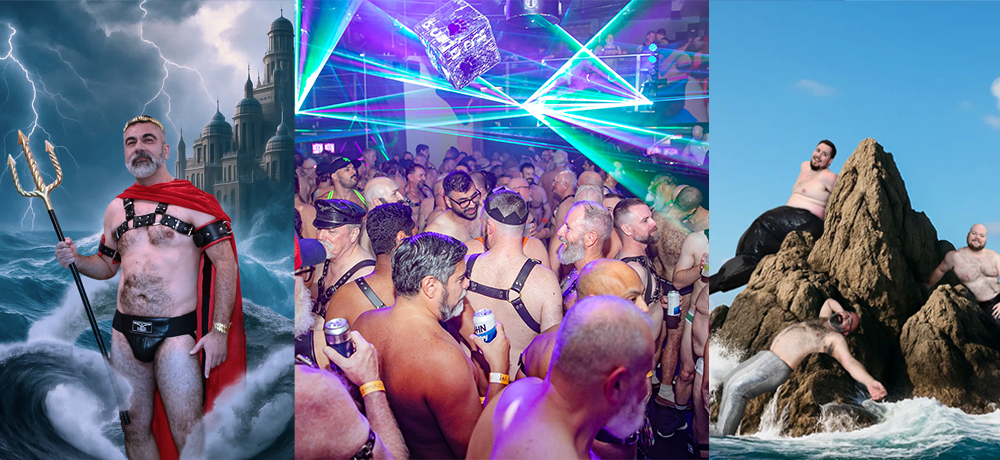
Sun not rising on gay rights
Tokyo-educated, Teru (name substituted), 31, is determined to change the perception Japanese people have of homosexuality.
Driven by frustration, when Teru returns to Japan, he intends to become a gay advocate, to demonstrate to the broad Japanese community that gay people are normal human beings.
Japanese people don’t speak up. They don’t think anything can be changed, Teru said. In Australia being different is valued. If you’re different in Japan you get picked on.
Teru believes the Japanese media are responsible for perpetuating the idea that gay people are weird, with local entertainers, such as gay twins Osugi and Piko, subscribing to gay stereotypes to generate laughs.
Japanese comic books also propagate stereotypes by depicting extreme sexual practices. I hate those books, Teru said. We don’t do that. It’s sickening.
He clearly remembers his parents’ reaction when he told them he was gay: But you don’t act like them.
Teru believes Japanese society needs positive messages and respected gay role models to demonstrate balance and normality.
In recent years there has been one positive role model -” Kanako Otsuji, Japan’s first openly gay politician.
Otsuji came out just before the 2005 Tokyo Pride Parade. She told The Japan Times, I wanted to represent people who didn’t have an outlet for their views. I wanted to give them a voice in the assembly.
One of Otsuji’s successes in providing equality for gays and lesbians is securing housing arrangements in Osaka for same-sex couples.
I would have voted for her if I was in Japan. She would have had a tough time. Everything is controlled by right-wing people, Teru said.
There are no laws prohibiting homosexuality in Japan and the main faith, Buddhism, has no edicts against homosexual acts. Teru believes Japan’s conservative attitude derives from the country’s economic independence.
Japan is wealthy enough that we don’t need to change, we don’t need to learn English to make money. Japan is a stable but boring country, he said.
This conservatism was best demonstrated in 2001 when the newly formed Council for Human Rights Promotion recommended that sexual orientation be included in the nation’s civil rights code. Through the Ministry of Justice, the Japanese Parliament did not move forward with the Council’s suggestion.
As a consequence, there is no anti-discrimination legislation in Japan.
After completing a University Degree in Tokyo, Teru left Japan in 2001.
I always want to leave. It’s claustrophobic, monotonous. People struggle in this square and can’t get out. I pushed myself to get out, he said. I do miss my family and want to be closer to them. I’m interested in living a gay life in Tokyo. The scene is getting bigger there, with more gay bars.
Teru has been living in Australia for seven years, initially in Brisbane and now in inner-Sydney.
I could have been openly gay in Brisbane, but I wasn’t sure. I can be openly gay in Sydney and no one cares.










I don’t feel like your article is presenting an entirely true view. I would have thought Japan would be much more accepting of homosexuality than Australia, since sex is not such a big taboo in Japan. As someone who has always lived in Australia, discrimination is well and alive in Australia. Not to say EVERYONE discriminates, but saying that you can be openly gay in Sydney and no one cares is an extremely skewed statement.
Who in Japan minds if you are gay or not? And who picks on you?
Loving this series of articles. Very interesting to get an insider’s perspective of how gay culture is prceived around the world.
Keep it up! ^^